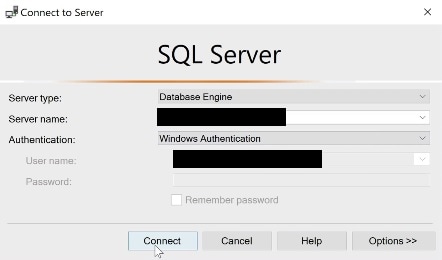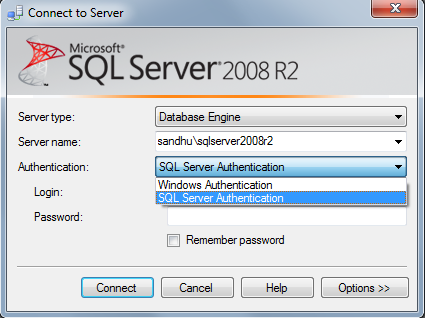SQL/RDBMS is one of the most widely used databases to date, and therefore SQL skills are important in most work roles.
In this SQL interview questions article, I will share with you some of the most frequently asked questions on SQL (Structured Query Language). This article is the perfect guide for you to learn all concepts related to SQL, Oracle, MS SQL Server, and MySQL databases. In this topic, all the examples are related to SQL Server.
I am keeping 10 questions and answers in each part, So Please read all 10 parts of this SQL Interview Questions article and get ready to crack the SQL interview for beginners or experience level.
Contents
What is SQL ?
- SQL stands for Structured Query Language.
- SQL is used to access the database and manipulate the data/records.
- SQL is an ANSI (American National Standards Institute) standard. As per ANSI, SQL is the standard language for relational database management systems.
What are the two authentication modes in SQL Server?
SQL Server is providing two types of authentication modes for accessing the database.
- Windows Mode
- SQL Server Authentication / Mixed Mode


Before start to check SQL Interview Questions & Answer topic, Please understand the related chapter
Introduction to Structured Query Language
What is Windows Mode in sql server ?
It is one type of authentication mode on SQL Server. It allows accessing the database using your windows credential (window’s user name and password)
What is Normalization? SQL Interview Questions
Normalization is the process of reorganizing data in a database so that it meets two basic requirements:
No redundancy of Data
Data dependencies
Normalization allows databases to take up as low disk space as possible, resulting in increased performance.
Please more about Normalization from Microsoft
What is Denormalization?
Denormalization is the process of attempting to optimize the read performance of a database by adding redundant data or by grouping data. In some cases, denormalization is a means of addressing performance or scalability in relational database software.
Before start to check SQL Interview Questions & Answer topic, Please understand the related chapter
Object-Relational Database
What are the differences between Local and Global Temporary Tables?
Local Temporary Tables:-
These are visible only to the connection (means single user) that creates it, and It will be deleted when the connection is closed.
Syntax:-
CREATE TABLE #tableName
Global Temporary Tables:-
These tables are visible to everyone, and They will delete when all connections (means all the users). that have referenced them have closed.
Syntax:-
CREATE TABLE ##tableName
Before start to check SQL Interview Questions & Answer topic, Please understand the related chapter
Installation of SQL Server
How is ACID property related to the Database?
ACID stands for Atomicity, Consistency, Isolation and Durability. Let’s discuss this topic one by one.
Atomicity:-
In one transaction execution time, two or more queries will process, either all of the queries are committed or none of one.
Consistency:-
A transaction either creates a new and valid state of data or if any failure occurs, returns all data to its state before the transaction was started.
Isolation:-
A transaction in process and not yet committed must remain isolated from any other transaction.
Durability:-
Committed data is saved by the system such that, even in the event of a failure and system restart, the data is available in its correct state.
Please read about ACID Property of Database
What is an SQL server agent?
SQL Agent is an integral part of Microsoft’s SQL Server. The SQL Server agent plays a big role in the day-to-day tasks of the SQL server administrator(DBA). It runs as a windows service only and allows for the handling of a wide variety of tasks such as backup automation, database replication setup, job scheduling, user permissions and database monitoring.

Before start to check SQL Interview Questions & Answer topic, Please understand the related chapter
SELECT Statement in SQL
What Is SQL Profiler?
It’s a tool for troubleshooting and tracing problems in MS SQL Server, Microsoft’s Relational Database Management System (RDBMS). The profiler lets developers and Database Administrators (DBAs) create and handle traces and replay and analyze trace results. Developers also easily identify the execute query’s information.

What is Log Shipping?
It is the process of automating take back up the transaction log file on a production SQL server and restoring the same records onto the secondary server. The process of transferring the transaction log files and restoring them is automated across the SQL Servers. As this process result, both servers have similar copies.
SQL Interview Questions & Answer




